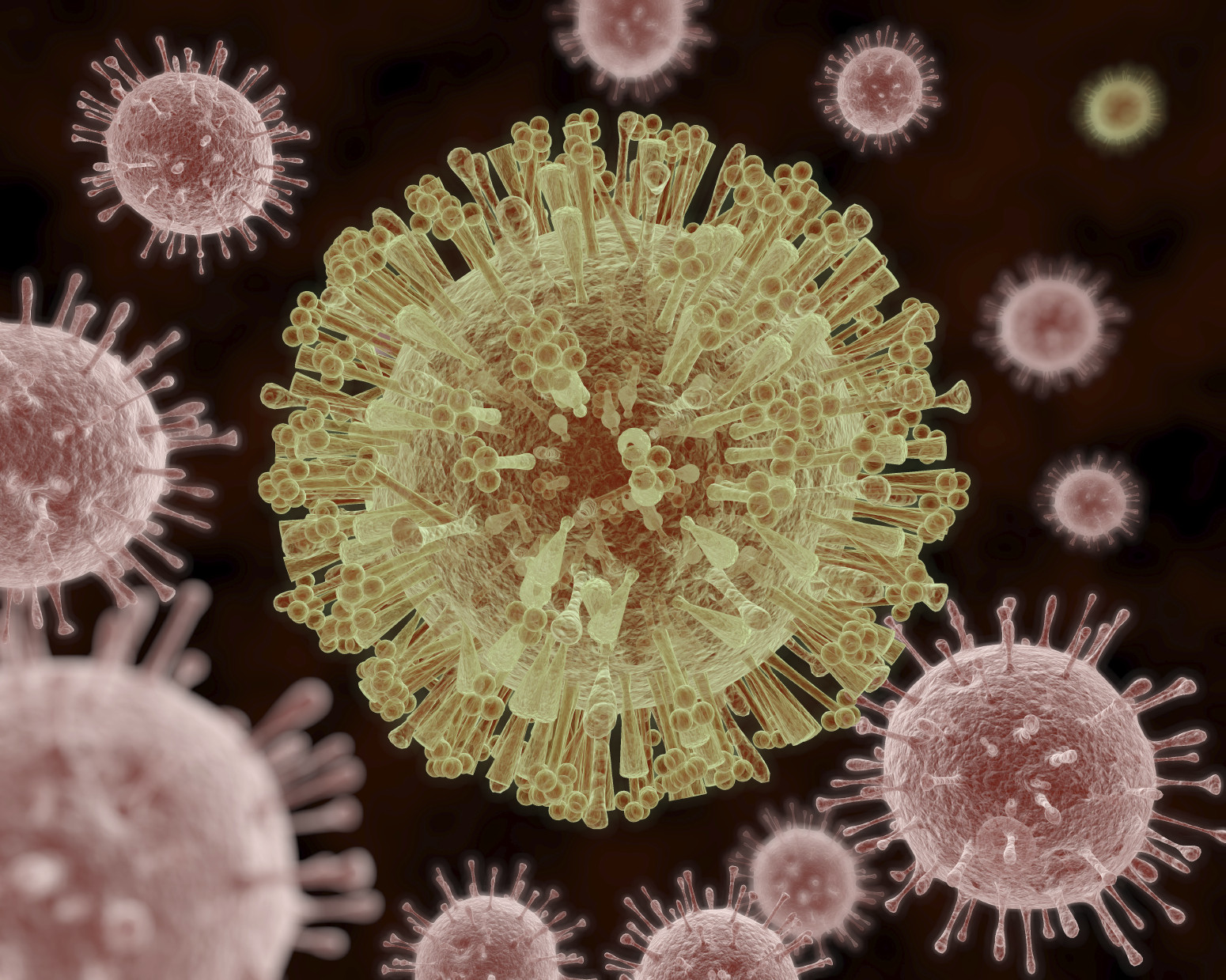Zika: Worse than we thought?

Follow me at @JohnRossMD
Back in January, Dr. Anne Schuchat, Deputy Director of the Centers for Disease Control (CDC), didn't seem all that worried about Zika. She expected it to cause only "very limited outbreaks" in the United States.
Now, she's not so sure.
Last week, Dr. Schuchat admitted that Zika virus "seems to be a bit scarier than we initially thought."
Her unusual comments may be aimed partly at Congress, which has been reluctant to fund Zika control measures. But there are several reasons that public health officials are more nervous about Zika now than they were a few months ago.
Our latest findings on Zika
The evidence linking Zika infection in pregnancy and reduced fetal brain growth (microcephaly) has grown. Dr. Tom Frieden, director of the CDC, says that it is "now clear that the virus causes microcephaly."
In the laboratory, Zika virus can infect and kill developing nerve cells similar to those found in the fetal brain. Field studies in Brazil have confirmed a large spike in cases of microcephaly during the current Zika outbreak. The risk of microcephaly was increased five-fold in parts of Brazil with active Zika transmission, compared to areas where Zika was absent.
In another Brazilian study, 29% of otherwise healthy pregnant women with Zika infection had an abnormal fetal ultrasound, with findings that included microcephaly, fetal growth restriction, and fetal death. These findings were not seen in pregnant women without Zika infection. The study also showed that there was evidence for fetal harm with Zika infection acquired in any trimester.
Evidence has strengthened of the link between Zika and Guillain-Barré syndrome (GBS), which causes acute paralysis that resolves or improves in most cases. In French Polynesia, for example, GBS has occurred in about one in every 5,000 Zika cases. Zika virus may also rarely cause a brain disorder called acute disseminated encephalomyelitis (ADEM), which resembles multiple sclerosis (MS), but does not cause recurrent attacks like MS does.
strains of Zika virus in the current epidemic are genetically quite different from those isolated 50 years ago. This may explain why a little-known virus once thought to cause only mild illness has led to a major pandemic associated with birth defects and paralysis. The Zika strains from humans and mosquitoes didn't match up too closely in this study, which suggests that sexual transmission of Zika may be more prevalent than we thought. Indeed, the number of reports of sexual transmission of Zika continues to increase. And it now seems that any type of unprotected sexual activity with a person exposed to Zika is potentially risky. We know that at least one case, reported in Texas, was transmitted via anal sex.
And the CDC had one final bit of bad news last month regarding Zika: the Aedes mosquitoes that carry the virus may be more widespread than previously believed.
Some good news — and what you can do to avoid Zika
Is there any good news in all this? Well, we still believe that for the vast majority of people, infection with Zika virus causes either minor symptoms, or no symptoms at all. Neurologic disease such as GBS and ADEM is rare.
However, there is currently no vaccine or treatment for Zika, so it is important to take steps to avoid infection:
- Wear long-sleeved shirts and long pants (spray your clothes with insect repellent for extra protection).
- Make sure your windows and doors have screens that will prevent mosquitoes from getting in your home.
- Use only Environmental Protection Agency (EPA)-registered insect repellents, and carefully follow all directions on the label.
- Avoid or disrupt mosquito breeding sites, such as containers with standing water.
- Before traveling, check the CDC travel advisories for updated information on Zika transmission.
- If you are pregnant, don't travel to an area with Zika at all.
- If your sexual partner has recently traveled to an area with Zika, avoid sex, or use condoms with all forms of intercourse.
Disclaimer:
As a service to our readers, Harvard Health Publishing provides access to our library of archived content. Please note the date of last review or update on all articles.
No content on this site, regardless of date, should ever be used as a substitute for direct medical advice from your doctor or other qualified clinician.















